 As is tradition, the night my family decorated our Christmas tree we listened to holiday music. “Rudolph the Red-nosed Reindeer” came on, and my 23-year-old stepdaughter launched into a cynical rant about how that was the WORST Christmas story ever. “Everyone bullies Rudolph because he has a birth defect, and Santa allows it to happen. Then Santa USES Rudolph because of his deformity, and that’s why everyone likes him.” Granted, this criticism was said with a fair bit of wry humor. Still, I balked at her assessment of this Christmas classic. But over the next few days her cynicism wormed itself into my brain. Was that story really about someone being exploited rather than being celebrated? 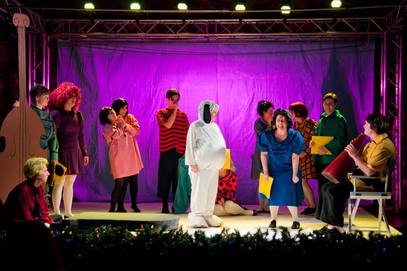 Last weekend, I went to see my older stepdaughter perform in a live production of Charlie Brown’s Christmas. This staging was identical to the old cartoon version, complete with live music. All my nostalgia was satisfied. However, the cynicism from the previous weekend still nagged at me. With skeptical eyes, I watched poor Charlie as Violet informed him that she would never consider sending him a Christmas card. Was Lucy setting Charlie up to fail on purpose when she asked him to direct the Christmas show? Was she anticipating how poorly he’d be treated, between the kids ignoring him while they danced and teasing him when he picked the wrong tree? He mopes away and abandons his little tree. We all think it’s a happy ending because the kids gather around and fix up the tree and then sing Christmas carols, but what is really happening here? They fix the TREE? “All it needs is a little love,” Linus says. But… But… What about poor Charlie? Does anyone ever say sorry to him? Do they hug him and make him feel better. Nope. Not even his dog. 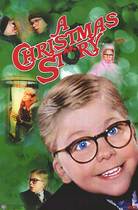 Of course there are bullies in the comedy movie A Christmas Story. It's a large part of the plot. That movie is a poking fun at the Christmas season in an era gone by so we don’t take it too seriously. Still, Ralphie ‘wins’ by beating up the bully. We cheer for him. It’s about time, we think as we watch this happen. Ralphie doesn’t get in trouble because his mother is forgiving and understanding. She doesn’t tell Dad. She’s a good mom. I love this movie so much, but what is this teaching kids? Do we need to have a sit-down with them after the film and talk about the right way to handle bullies? Punching them in the face is probably not the correct solution. 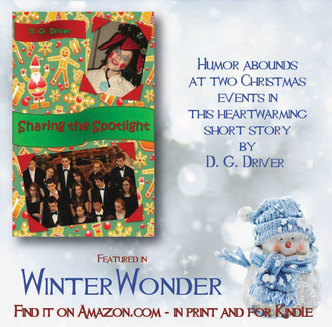 So, now that I’m looking at the world through this lens, I take a moment to consider the Christmas story I wrote this year “Sharing the Spotlight” which is based on characters from my children’s novel No One Needed to Know. In this story, Heidi (12) and her brother Donald (16) have holiday programs at their schools on the same night. In the second half of the story, Heidi has finished her program and is now watching her brother in his choir performance. The choir is doing a medley of carols, and it appears to her that her brother, who is autistic, is being made fun of by his choir teacher. It infuriates her. Excerpt from "Sharing the Spotlight" The medley switched from “We Wish You a Merry Christmas”, which had featured all the weird figgy pudding lines, to “12 Days of Christmas”. This was my very least favorite Christmas carol. I never understood it. Why were there twelve days of Christmas? Plus, I could never keep track of anything in the list after six geese a-laying. The choir sang it ridiculously fast, and the audience loved this double-time rendition. People smiled and chuckled around me. I shrugged and decided it was all right. I had to admire the choir for what they were doing. I sure couldn’t sing that song that fast. How did they remember all the words? They must’ve rehearsed a lot. I focused in on my brother, watching his mouth fly over the lyrics. He was getting it. All of it. He wasn’t lagging behind one little bit. Peter had completely given up and was back to staring at his fingers. I turned to Russell, about to point this out to him, when all of a sudden I heard “Five Golden Rings!!!” sung so loud by my brother it was like he was trying to be heard outside. The audience erupted in laughter and applause. The song paused for a moment. All the blood in my body rushed to my face. I was so embarrassed for my brother. “Oh no,” I moaned quietly, sinking down in my seat so I could barely see over the head of the man sitting in front of me. The laughter ebbed. The choir started up again, singing those last four lines even faster than before, as if to make up time. This was the craziest song I’d ever heard. Oh, and then the next verse began. “On the sixth day of Christmas, my true love gave to me…” The girls sang, “Six geese a-laying.” Then Donald. Again. “FIVE GOLDEN RINGS!” All by himself. As loud as possible. More laughter. More applause. My parents laughed and applauded. Russell and his parents laughed and applauded. Everyone in this auditorium was having a good chuckle at my brother’s expense. Did Mrs. Ambrose plan this? What kind of teacher was she, making a spectacle of my special needs brother? Next verse. All the boys sang, “Seven swans a swimming” followed by the girls singing “six geese a-laying”. I dared to peek over the man’s head. Everyone in the choir, including Peter, was smiling now. They were having a grand old time. Their bodies pivoted toward my brother. Mrs. Ambrose gestured to him. He raised his right hand and pointed his finger toward the ceiling like a politician making a point in a debate, and warbled “FIVE GOLDEN RINGS!” As the audience laughed and clapped again, he put his hands together as if to clap for himself. I put my hands over my face. This was the worst. Thankfully, the medley shifted after that verse to “Good King Wenceslas”. I’ve always hated that song, too. For this song, the choir made a big thing out of saying “Wenceslas”. The word went back and forth from the boys to the girls, being pronounced different ways, until Mrs. Ambrose stopped them. She didn’t say anything out loud, but her hands gestured the syllables of the word. All the kids said “Ohhhhh” in unison. Mrs. Ambrose began conducting again, and now they got it correct. “Good King Wence-las once looked down…” Everyone was laughing again. I just stared at the choir, my mouth hanging open. Was it supposed to be funny? Heidi eventually finds out that everyone loved what her brother was doing and celebrates him after the show. Have I written Rudolph the Red-Nosed Reindeer? Is the teacher like Santa and using Donald to make her show more entertaining? Does everyone love Donald because he’s been exploited in this way? Or is it the way I intended – Donald is being given a chance to shine. Mrs. Ambrose isn’t taking advantage of him, or making him the object of ridicule, but is giving him a genuine moment to revel in the music and be highlighted for who he is. Heidi’s brother may have some quirks and ticks, but he is all joy. It shows during his performance. Heidi comes to realize that her brother’s spotlight moment in the show isn’t about showing off or being the center of attention, but rather about a pure, honest love of celebrating Christmas.  Two nights ago my youngest daughter’s high school band performed their Winter Concert. She and several of her friends have been volunteering all semester with United Sound, an organization that makes it possible for kids with special needs to learn how to play an instrument. Caylin helped teach a young man with Down Syndrome to play the saxophone. The United Sound group joined the band for one number of the concert. None of them had solos, but they were visible and a big part of the piece. It went great. We gave them a standing ovation, and I was so proud of my daughter and her friends for being part of this great, inclusive experience. 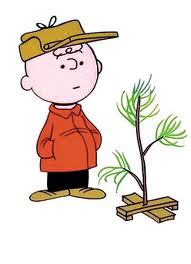 The concert made me think of my older brother who has developmental disabilities and how his friends in the high school choral and drama departments accepted him. It made me think about Heidi supporting her older brother at his choir concert in my story. It made me think about the reindeer welcoming Rudolph to help light the way (not to mention the fact that it was Rudolph who convinced Santa to find homes for all the misfit toys). It made me think about the fact that someone needed to hug poor Charlie Brown and thank him for being the first one to see that that little broken tree could be something special. My cynicism has fled, and I am once again full of Christmas spirit. This is the time of year to be hopeful for the future and see the good in each other. I hope that you have a wonderful holiday season. Please comment below if you enjoyed this post. I’d love to hear from you. 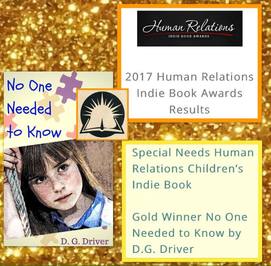 FYI “Sharing the Spotlight” is featured in Winter Wonder, a collection of nine stories for readers 9 and older, now available for only $0.99 at Kindle and Nook. It's also available in print. No One Needed to Know, my novel about autism acceptance and bullying, just won its 4th award – the Gold Medal for Special Needs Awareness from the 2017 Human Relations Indie Book Awards. It’s available in print through Prime at Amazon, so you still have time to order it as a gift for a young reader you know for Christmas. Comments are closed.
|
D. G. DriverAward-winning author of books for teen and tween readers. Learn more about her and her writing at www.dgdriver.com Archives
July 2024
Categories
All
|
Author D. G. Driver's
Write and Rewrite Blog
“There are no bad stories, just ones that haven’t found their right words yet.”
A blog mostly about the process of revision with occasional guest posts, book reviews, and posts related to my books.
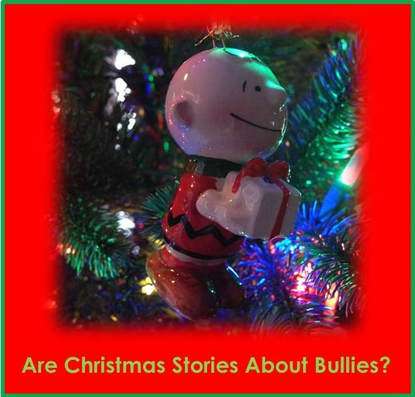

 RSS Feed
RSS Feed